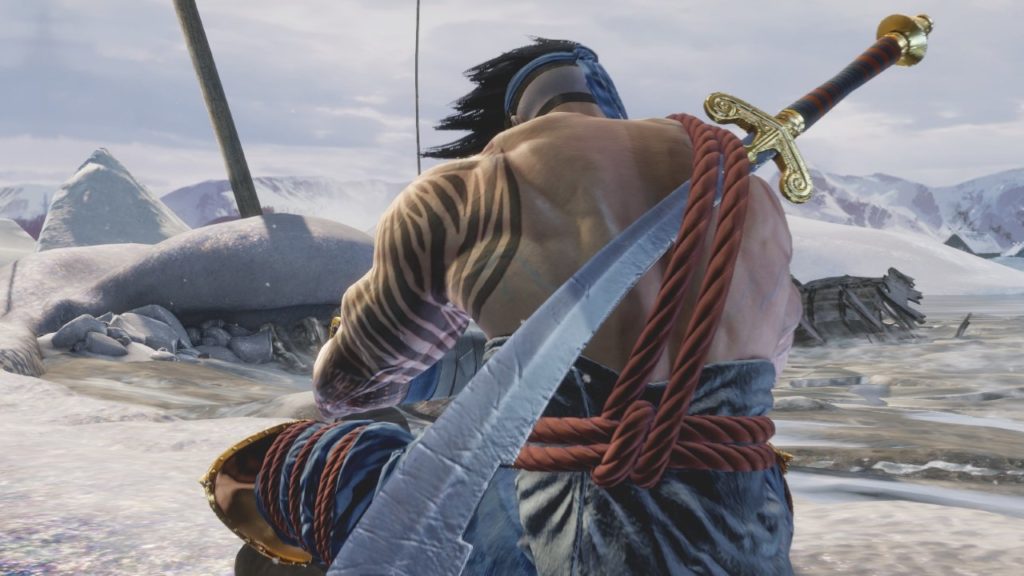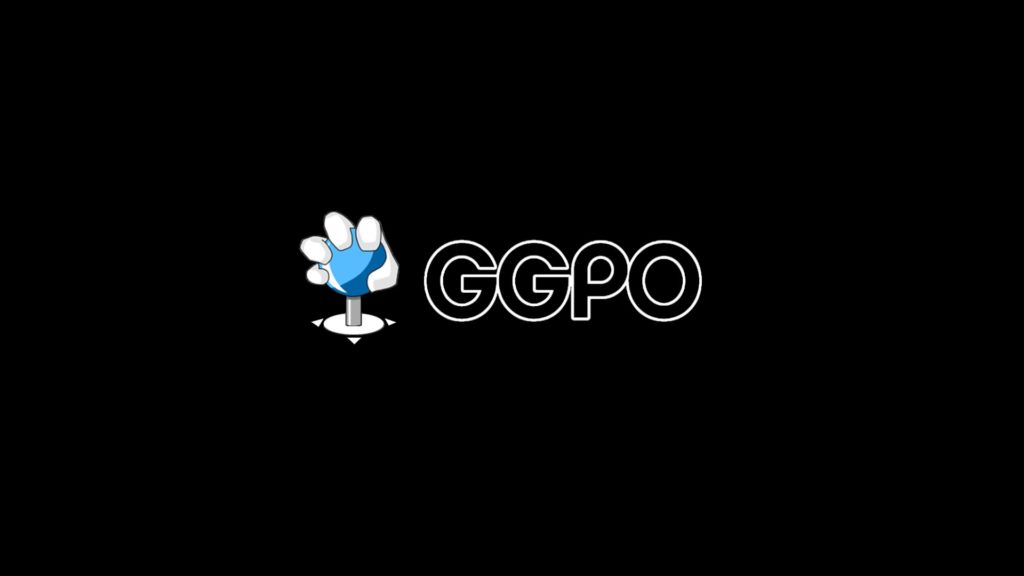The FGC’s Push for Good Netcode By Chazz Mair
Posted: 23 Feb 2021For myself and many others, Fighting games were a means to create connections. The genre born out of the arcade experience multiplayer, side-by-side competition grew even as their homes died out. As the years passed, the experience changed, but the opportunity did not. The arcade cabinet became the console that could be brought anywhere the people wanted to play were, even online.
Over time, that face-to-face experience became what set the FGC aside from other gaming communities. While fighting games have had online playable for over a decade now, the focus had always been on offline, in-person events because the netcode for most of the genre’s most popular titles run on subpar delay-based netcode. Online was a supplement for offline – even the online-only portions of the community practiced and played in anticipation of the next major offline event they could go to.
That doesn’t really happen anymore. The ongoing pandemic meant that every facet of the community had to migrate online – at the time of this writing, it has been about 11 months since I last sat down next to someone to play a fighting game, and there’s no end in But the loneliness I was experiencing wasn’t my own – the removal of many of the community’s sacred spaces in itself brought a sense of community and a renewed fervor for one of the scene’s longest fight – getting good netcode in their games. We were alone together. While we weren’t going to be gathering in person anytime soon, we decided to find ways to play the games we love alone in our rooms, together.

At this point in time, you’d be hard-pressed to find a fighting game that’s released in the last ten years without online play. What’s been tougher is finding one with good netcode. A majority of AAA developed fighting games launch with what is called delay-based netcode, which, in basic terms, means that the strength of the connection determines the speed at which the game accepts inputs. It’s functional but inconsistent. Any jitter in the connection can cause the delay to vary wildly. “I have a friend who I’ve played fighting games with for years. We got each other into playing fighters, and until he moved a couple years ago, most of our fights were local,” Said New Jersey-based Fighting game player, Ranfis Francisco. “He lives just 10 miles from me. He has good internet and uses a wired connection, but has very small spikes in lag. So when he plays a delay based game, the frame delay jumps at random and the input delay is high – but only on his end. On my end, I get a 2-4 frame delay, which is still not fun to deal with because it fluctuates wildly. That might be the worst part of delay-based netcode. The input delay is bad enough by itself, but when it changes unpredictably, it becomes difficult to finish a combo or properly execute anything.” These have been known issues in the scene for over a decade, but offline play’s prevalence enabled developers to sidestep the issue.

The first time I personally heard of rollback netcode was in 2011 with the release of Street Fighter III: 3rd Strike Online edition, a rerelease of a fighting game classic that was powered by GGPO, a completely free rollback network SDK for peer-to-peer gaming. Essentially it lets each player run a version of the game on their home device, while the system creates game states for every possible action. When the game detects an error, it “rolls back” to the proper one. “I live in New Jersey and fought people from California and Cuba with no problems whatsoever. I even fought someone living in England and had a playable experience. I think it’s really cool that I can make training partners with people across the country, even across continents. Going from barely being able to play someone a city over from me to playing people 3000 miles from me is incredible,” Francisco said.
It’s a technology that brings people together, for as small as the fighting game community is, both in its entirety and in the way that it is stretched out across several games. its that small size that makes each match feel so much bigger. Killer Instinct is a 2013 fighting game that stopped development three years ago, but to this day you can still find tournaments for it. In February of 2021, community members collaborated with Twitch to put on KI Lives, an online-only tournament that broke 40,000 viewers, for a game that usually has somewhere in the range of 50 people playing it on Steam any given day.

Netcode is an important barrier that the communities have rallied around to fight – in this online-only era community members and developers are coming together to create ways to play their favorite games together. Fightcade is a long-running emulation service that allows people to play arcade-era fighting games – and while in the past it was a notorious wasteland of moderation, its recently implemented a code of conduct designed to keep the service and community as inclusive as possible. But beyond anything else, it’s completely free, making it a great gateway for people to play these games with those who don’t usually.
Beyond all of the competition, fighting games are, at their core, a unique one on one experience to be shared with others.
I stumbled across Tough Love Arena at its announcement on Twitter in early January, marketed as a free, browser-based fighting game with rollback netcode I remember being flabbergasted that such a thing was even possible. After trying it out for a bit, I brought it to a close friend of mine, one who had always liked the idea of fighting games but never got too deep because they could never find enough people to play with.
Tough Love Arena is a pretty simple game, all things considered, but introducing a new player to the genre and hearing them figuring things out was a special experience that I had missed for almost a year at that point.

The FGC’s small size only bolsters the importance of these small, personal experiences because it’s the community that grows this niche genre. Before esports, all events were grassroots community efforts, and in their absence its fallen upon that same community to keep their games growing. Whether it be in the form of online tournaments, pressing for better netcode or just sharing a game with a friend whose never played before, the FGC continues to fight for the interpersonal relations that make the genre unique.

Chazz Mair is a black, New Jersey-based freelance writer and stand-up comedian who often spends his free time hanging out with friends at the local arcade or staring at toasters. Nowadays, he does more of the latter. An avid advocate of diversity, Chazz hopes to create stories about people who don’t make it to the front page.

